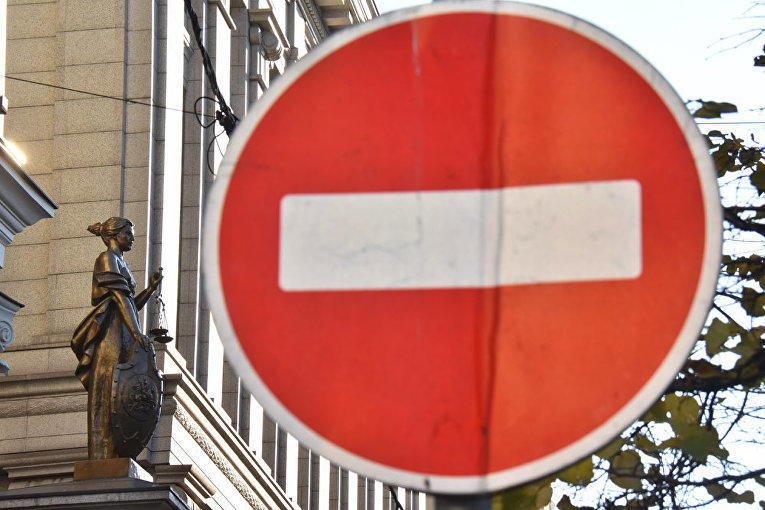MOSCOW, July 22 (RAPSI) – The Supreme Court of Russia has refused to back a bill toughening responsibility for falsification of evidence and data resulting from law enforcement intelligence-gathering activities, the press service of the Federal Chamber of Lawyers has informed RAPSI.
The decision is based on the principles of fairness and humanism, as the measures envisaged by the bill need to be substantiated by the results of a scientific analysis of established practices in applying the law, statistics, and other objective data bearing evidence that the current punishments are not tough enough, whereas the explanatory note to the bill fails to cite such evidence, Deputy Chair of the Supreme Court Vladimir Davydov clarifies the position taken by the Chamber.
The lack of respective statistics was also cited by the Russian Government, which agreed with the opinion of the Supreme Court and in its turn negatively accessed the proposed amendments.
According to the statistics gathered by the Supreme Court’s Justice Department in 2018, in practice the usual prison terms for falsification make 7 years, that is about less by half than the maximum punishment envisaged for such a crime.
The bill sought to introduce more hefty fines and longer prison terms for falsification of evidence by law enforcement officers, investigators, prosecutors, and lawyers.



